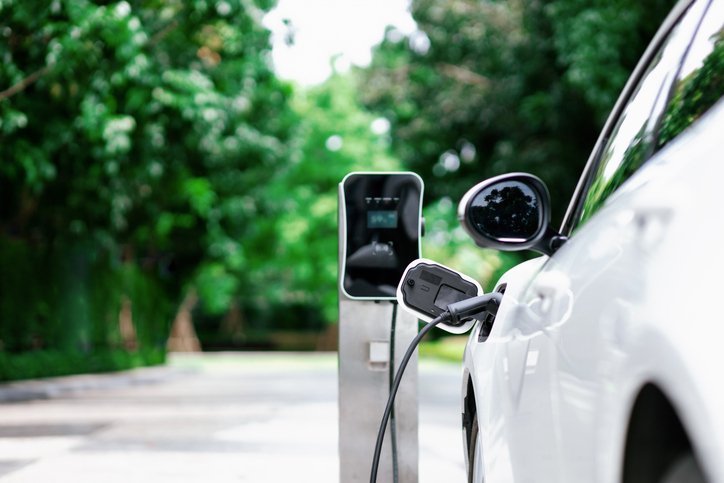Abstract
The present paper is concerned with shedding light on the financial viability of setting up public charging infrastructure in a range of implementation situations in an Indian city and the possible role of policies and regulations to make charging business attractive. The nascency of the electric mobility sector and its fast-evolving technological landscape along with possibility of different charging use-cases make it difficult to templatize the financial evaluation of charging business. With the help of a publicly available peer-reviewed financial tool which has been specifically developed to analyze the possible financial outcome of an investment in public charging infrastructure for electric vehicles (EVs) in Indian context, the study examines the business attractiveness of setting up a public charging station in four unique use-cases such as charging at public parking, destination charging, on-the-go charging, and shared workplace charging. The study employs Project Internal Rate of Return as the primary financial yardstick that is being benchmarked with a hurdle rate or target rate of return to make the evaluation as objective as possible. The financial modelling aptly captures the dynamics of India’s EV charging market by considering the possible variations in charging infrastructure configuration, electricity tariffs and regulations, provision for land rental, charging fees and other such factors. It further demystifies the potential impact of key variables on a project’s business case. This research would help design policies, regulations, support mechanisms and terms of reference for public charging infrastructure projects in the country. Policymakers, implementing authorities, regulators, potential investors, and financial institutions are expected to benefit from the analyses.
Keywords: Electric vehicle, Charging infrastructure, Viability, Financial Investment

